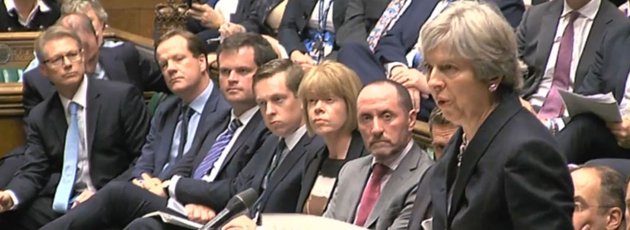- Home
- News & Blogs
- About Us
- What We Do
- Our Communities
- Info Centre
- Press
- Contact
- Archive 2019
- 2015 Elections: 11 new BME MP’s make history
- 70th Anniversary of the Partition of India
- Black Church Manifesto Questionnaire
- Brett Bailey: Exhibit B
- Briefing Paper: Ethnic Minorities in Politics and Public Life
- Civil Rights Leader Ratna Lachman dies
- ELLE Magazine: Young, Gifted, and Black
- External Jobs
- FeaturedVideo
- FeaturedVideo
- FeaturedVideo
- Gary Younge Book Sale
- George Osborne's budget increases racial disadvantage
- Goldsmiths Students' Union External Trustee
- International Commissioners condemn the appalling murder of Tyre Nichols
- Iqbal Wahhab OBE empowers Togo prisoners
- Job Vacancy: Head of Campaigns and Communications
- Media and Public Relations Officer for Jean Lambert MEP (full-time)
- Number 10 statement - race disparity unit
- Pathway to Success 2022
- Please donate £10 or more
- Rashan Charles had no Illegal Drugs
- Serena Williams: Black women should demand equal pay
- Thank you for your donation
- The Colour of Power 2021
- The Power of Poetry
- The UK election voter registration countdown begins now
- Volunteering roles at Community Alliance Lewisham (CAL)
Boundary change review and political clash
The boundary commissions for England, Scotland and Wales have just produced a new map of constituency boundaries – one that would increase the chances of continued Conservative power in the next election, and abolish Labour leader Jeremy Corbyn’s Islington North seat. Labour and Liberal Democrat MPs have staunchly vowed to oppose these plans for boundary changes – plans that would slash the number of MPs from 650 to 600.
On Tuesday, the boundary commissions put forth a revised map of constituencies. However, the revisions present a slightly worse outlook for Labour majorities. Seats in Bedford, Croydon, and Wimbledon – among others – have been adjusted in favour of Conservatives, some analysts report. However outraged Labour and Liberal Democrats may be at this new map, they have also expressed that the likelihood of Conservatives garnering enough Commons support to pass these revised changes is quite low.
The loss of a Conservative majority has placed Tories in a position of very little political leverage, especially due to the fact that the DUP – upon which Theresa May’s government relies – is fervently against the boundary changes for Northern Ireland, as these have been predicted to impact unionist parties negatively. Regardless of the viability of the boundary change proposals, the motion has been perceived by Labour as “politically motivated” and a ploy to maintain Conservative power in the 2022 general election. Cat Smith, Labour shadow minister for voter engagement and youth affairs, has gone so far as to say that “it has been clear from the start that the Tories have only been interested in their own political advantage rather than what is in the best interests of the country”. Smith goes on to state that Labour is prepared to cooperate with the opposition, so as to “ensure that a boundary review can go ahead in a way that benefits our democracy, not just the Conservative Party”.
While Jeremy Corbyn may very well have to duke it out with parliamentary colleagues Emily Thornberry (shadow foreign secretary) and Diane Abbott (shadow home secretary) for his constituency, Conservative Foreign Secretary Boris Johnson faces the possibility of his Uxbridge and South Ruslip seat being abolished. Other Conservative MPs could be plunged into fights in Essex, where the county may have one less MP. Wales would lose 11 of its 40 seats and Welsh Secretary Alun Cairns, who won his Vale of Glamorgan seat by a small margin, will likely encounter some difficulty in being reelected. In Northern Ireland, the boundary proposals spell trouble for the unionists, with Sinn Fein likely to benefit from contention between the DUP and Unionist parties. Additionally, the Boundary Commission’s plan to redraw the political map further north would leave Scotland with six fewer seats.
Parliament first approved of the notion of reducing the number of MPs in 2011, posed as a cost-saving manoeuvre following an expenses scandal. However, when one recalls initial proposals were created using only electoral data from December 2015 at the Conservatives’ behest – before an estimated 2 million new voters registered to vote in the Brexit referendum – it is difficult not to pick up on the Tories’ thinly veiled political motivations.
Ayan Goran
